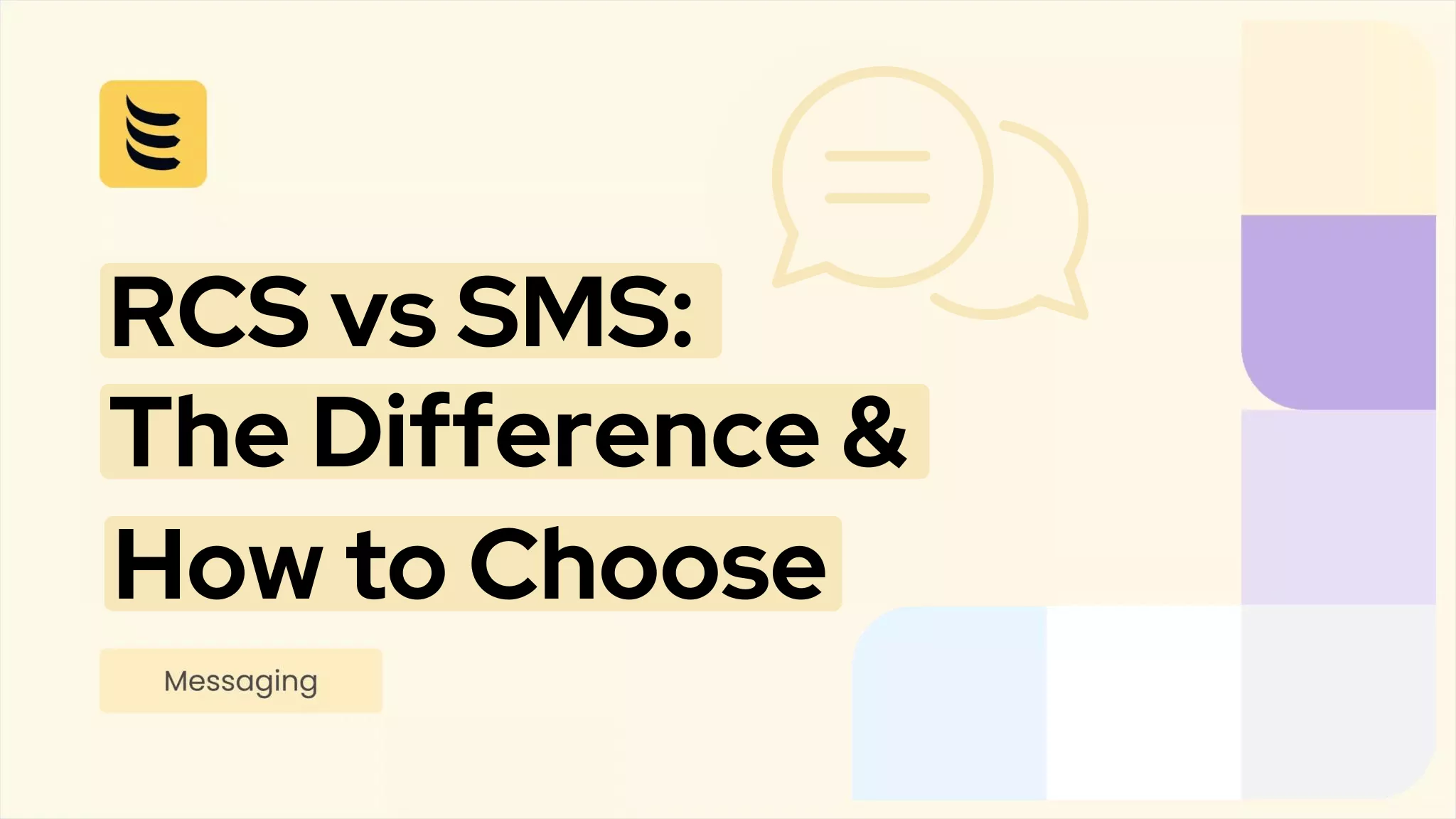The number of communication channels available to businesses in every sector has grown exponentially over the last decade. That said, the most commonly chosen tool is still the telephone. Call quality, from start to finish, is therefore as important as ever in creating the right impression of your business for customers and potential customers.
Voice over IP technology (VoIP) allows voice calls to be made over the internet. In addition to the huge savings that this technology has to offer on communications costs, it is also extremely reliable. Moreover, VoIP delivers a number of significant benefits in terms of advanced functionality and flexible features which can significantly improve team productivity and thus the bottom line. For a high-quality service and crisp, clear calls, a business needs to invest in a number of things. Firstly, a good quality internet connection is needed with the right bandwidth for the expected usage and a correctly configured internal network. For larger organisations, leasing a separate dedicated connection for VoIP traffic might be worthwhile.
What is voice termination?
Whether an international telephone call is initiated on VoIP or over the PSTN, it is almost invariably handled by more than one provider. The process by which a call is routed between various providers from its originating point to the called-party is known as call or voice termination. Your provider will charge you for the route taken and it is usually the case that you get what you pay for, with very low cost indicating low-quality routes. You need a provider with strong relationships and presence in the countries in which you do business and to ensure that they value call quality over always hunting down the cheapest price.
How can voice termination be improved?
As a starting point, anything that improves your internet quality should improve the quality of your voice termination. However, you could have a perfect internal network and data connection but still suffer from poor quality termination if you are with the wrong international provider. If your provider has good local knowledge and connections where you do business, the VoIP call has a better chance of breaking out to the PSTN at a point near its destination, keeping costs low and quality high.
What are the advantages of high-quality voice termination?
So what are the features you should look for when researching providers and what are the benefits of a good service? The rest of this article looks at the three main advantages of choosing the best voice termination provider that you can find.
Infrastructure and redundancy
If a call goes through a large number of carriers in multiple hops before terminating, call quality can deteriorate so it is a good idea to keep distances between subscribers and operators to a minimum. How your provider routes your calls to the network matters; the more layers you have to get through, the greater the risk to call quality.
The most obvious benefit of a high-quality service is that the VoIP network will be maximised for redundancy. This means that customers are guaranteed a good connection at any time and to any place with total reliability and without interrupts or dropped calls due to connectivity failures. A good VoIP provider will have a selection of reliable routes to use so there is a back-up if one option fails. The provider will actively monitor partners and routes so that it can adjust call routing should any technical issues occur, thereby pre-empting any loss of quality. If your business relies on communication, it is a very risky strategy to rely on the delivery of an inferior VoIP provider.
Monitoring and maintenance
By partnering with a provider offering advanced voice termination services, such as IDT Express, you can also be confident that your network is up-to- date and operational since it will be continually monitored and routinely maintained. Analysing issues and solving them in real time is an essential step if quality voice services are to be guaranteed. Customer service should also be on hand around the clock to keep abreast of any issues. In a market sector where technology is evolving rapidly, a quality provider will also ensure that regular upgrades are carried out to provide the latest technology and optimum service.
Anti-Fraud Measures and Security
Every industry is sadly vulnerable to losses due to fraud and VoIP services are far from immune from this. It is important that a user can be confident that the costs for which they are billed have been legitimately incurred and that a service provider can be trusted to only connect with legitimate users.
A quality provider can monitor activity in a manner similar to that used by credit card companies to identify costly or out of profile usage and to prevent fraudulent activities. Examples of ways in which security can be enhanced include the use of IP authentication, customisable access restrictions and blocking high-cost calls.




